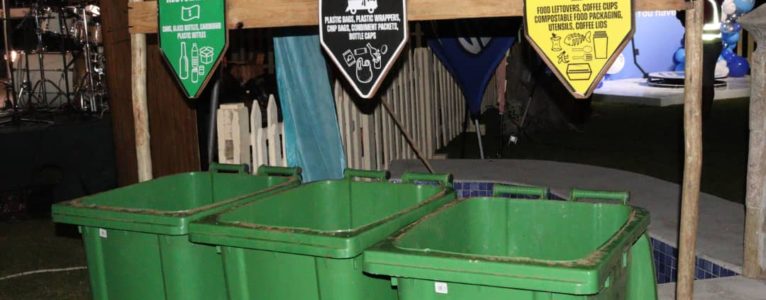Eswatini, a small landlocked country in Southern Africa with a population of 1.2 million people, is currently facing a significant challenge when it comes to waste management. The issue was brought to light during a recent cleaning campaign organized by the Eswatini Electricity Company (EEC), where PELUM had the honor of joining the initiative leading up to Earth Hour.
Despite being a small country, Eswatini generates a substantial amount of waste, and the lack of proper waste management poses significant environmental and health risks. The Waste Management Act 2021 is the legislation that addresses waste management in the country. The act has various sections that cover different aspects of waste management, including littering.
In Eswatini, littering is a serious offense, and the government has put in place strict penalties to deter people from engaging in this behavior. If someone is caught littering, they can be fined a minimum charge of E50.00, with a maximum penalty of E5,000.00 for disposing of disposables.
The government of Eswatini is taking steps to address the waste management challenge in the country. The Eswatini Environment Authority (EEA), for instance, has been working to raise awareness about the importance of proper waste management and to encourage people to adopt sustainable waste management practices. The government has also been working to improve waste collection and disposal infrastructure to ensure that waste is managed efficiently and effectively.
Overall, waste management is a critical issue that requires the cooperation of all stakeholders in Eswatini. By working together, the country can tackle this challenge and ensure a cleaner, healthier environment for all its citizens.


